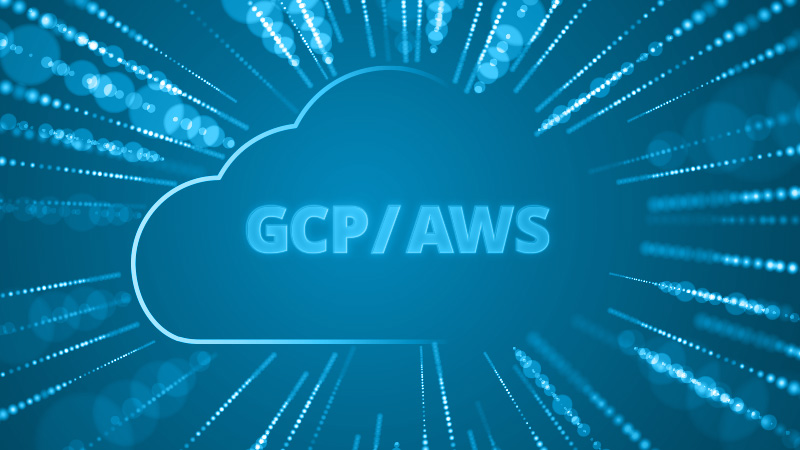Comparing Google Cloud Storage to Amazon Web Services S3
Google Cloud Storage (GCS) and Amazon Web Services Simple Storage Service (AWS S3) are both popular cloud storage solutions. Each has its own set of advantages and disadvantages, depending on your specific requirements and use cases. Here is a summary of their pros and cons:
GCS Pros
-
Better pricing for data storage and network egress: GCS offers competitive pricing for data storage, with lower costs for data retrieval and network egress compared to AWS S3. This can be particularly beneficial for businesses with large data sets or high traffic.
-
Google Cloud Platform integration: GCS is tightly integrated with other Google Cloud Platform (GCP) services, such as Google Compute Engine and Google Kubernetes Engine, which can make it easier to build and manage applications if you are using other GCP services.
-
Object versioning: GCS provides built-in object versioning, allowing you to track and restore previous versions of objects easily.
-
Customer-managed encryption keys: GCS offers the option to use customer-managed encryption keys for additional security and control.
-
Performance and global consistency: GCS provides strong global consistency, which ensures that your data is always up-to-date and accessible from anywhere in the world.
AWS S3 Pros
-
Market leader and maturity: AWS S3 is the market leader in cloud storage and has been around longer than GCS. As a result, it has a more mature ecosystem and a broader range of third-party integrations.
-
Wide range of storage classes: AWS S3 offers a wider range of storage classes with different performance characteristics and pricing options, allowing you to optimize your storage costs based on your specific use cases.
-
Advanced features: AWS S3 has more advanced features, such as object tagging, object locking, and object replication across regions, which can be useful for certain applications and compliance requirements.
-
AWS integration: AWS S3 is seamlessly integrated with other AWS services, such as Amazon EC2, AWS Lambda, and Amazon RDS, which can be beneficial if you are already using or planning to use other AWS services.
GCS Cons
-
Smaller ecosystem: Compared to AWS S3, GCS has a smaller ecosystem, which may mean fewer third-party integrations and tools available.
-
Less mature: GCS is less mature than AWS S3, which could lead to less comprehensive documentation and support.
AWS SC Cons
-
Higher pricing for certain scenarios: AWS S3 may have higher costs for data storage, retrieval, and network egress compared to GCS, especially for large data sets and high traffic scenarios.
-
Complex pricing model: AWS S3's pricing model can be complex, with multiple variables to consider, which may make it more challenging to predict and manage costs.
The choice between Google Cloud Storage and AWS S3 will depend on your specific requirements, budget, and existing infrastructure. If you are already using one of the platforms, it may be more convenient to use their respective storage solution. However, if you are starting from scratch, it's essential to consider the pros and cons of each service and evaluate how they align with your needs.
To learn more about Trace3's Cloud Solutions Group and how we can help you translate your business strategy into the cloud approach that works best for your organization, click here.


